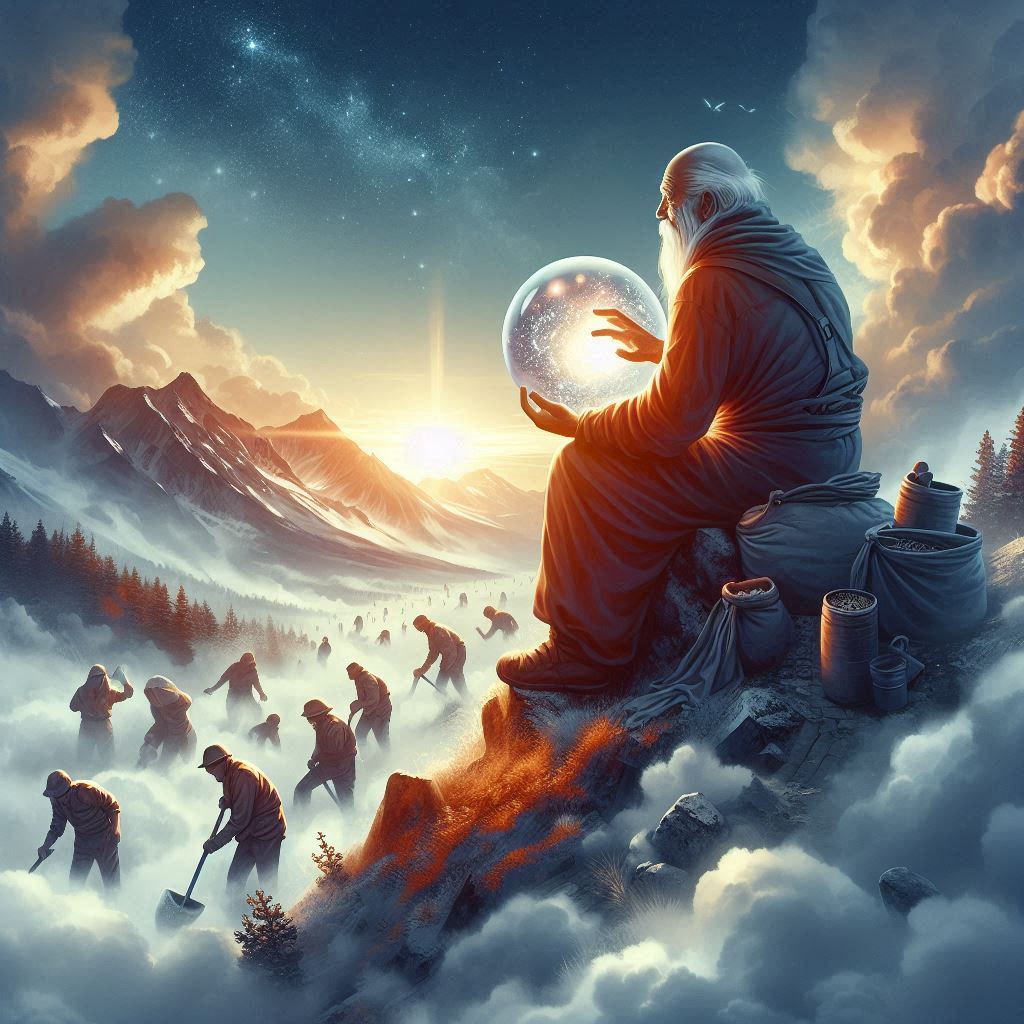I am 24 years old now, and in two years, I’ll turn 26. Among the people who know me today—family, friends, online acquaintances, university peers—the count might be a modest 200 or 300. But by the time I’m 26, perhaps even fewer will remember me.
At the same age, a clerk at the Swiss Patent Office unveiled a theory that shook the foundations of centuries of science—the Special Theory of Relativity. At just 26, Albert Einstein revolutionized our understanding of the universe, introducing ideas that reshaped humanity’s perception of nature.
Didn’t we all dream as children of achieving something extraordinary? To contribute to the collective intellectual legacy of humankind? Maybe by formulating a groundbreaking theory like Euler’s Identity in mathematics, penning an eternal poem like Banalata Sen, or writing a timeless masterpiece like Dostoevsky’s Crime and Punishment. Haven’t many of us nurtured such dreams?
But as we grow, reality sets in. We realize we may never craft Euler’s Identity or compose something as profound as Beethoven’s Ninth Symphony. Perhaps, we’ll create nothing remarkable at all. Born one day, we’ll quietly pass away another day, leaving no lasting imprint on the world.
This realization, this gradual hunger for immortality fading into an acceptance of mediocrity, feels profoundly strange to me. Torn between the yearning for greatness and the resignation to live in peace, I find myself thinking: maybe a quiet, unremarkable life is all I need. Nothing more.
Two years ago, I watched a film called The Banshees of Inisherin, set in Ireland. The story follows two friends, Colm and Pádraic, whose years of companionship face an abrupt end. One day, Pádraic visits Colm’s house, as usual, only to discover Colm no longer wants to speak to him. Pádraic is bewildered, and when he finally confronts Colm, the explanation stuns him: Colm feels his time is running out. He hasn’t created anything as eternal as the works of Mozart or Beethoven, and he wants to spend the rest of his life pursuing immortality through art.
Pádraic, on the other hand, cannot understand this obsession. To him, the nobility of Colm’s pursuit holds no significance. He keeps returning to Colm, valuing their friendship over this elusive quest for eternity.
The beauty of this film lies in what I discovered about its core: Colm and Pádraic are two sides of each of us. On one hand, we fear fading into obscurity, of living an unremarkable life and being forgotten shortly after our departure. On the other, we long for the comfort of routine, seeking contentment in the simple security of daily life.
Colm represents that part of us which panics at the thought of time slipping away, terrified of not leaving behind something that keeps the mast of our existence raised in the vast sea of history. Pádraic, in contrast, symbolizes the stability we crave, the voice within us that finds solace in compromise and mediocrity.
This delicate tension—between the desire for immortality and the comfort of mediocrity—shapes our lives. Sometimes, like Colm, we isolate ourselves, consumed by the drive to create something uniquely ours, be it through writing, painting, or rediscovering our passion for knowledge. Other times, the Pádraic within us extends a hand of reconciliation, urging us to accept life as it is.
Perhaps, it is in this interplay between Colm and Pádraic that we find the courage to embrace both our dreams and our limitations—like stepping out with a grocery bag in hand and dreaming of Bhutan, or like letting go, just enough, to finally live.

